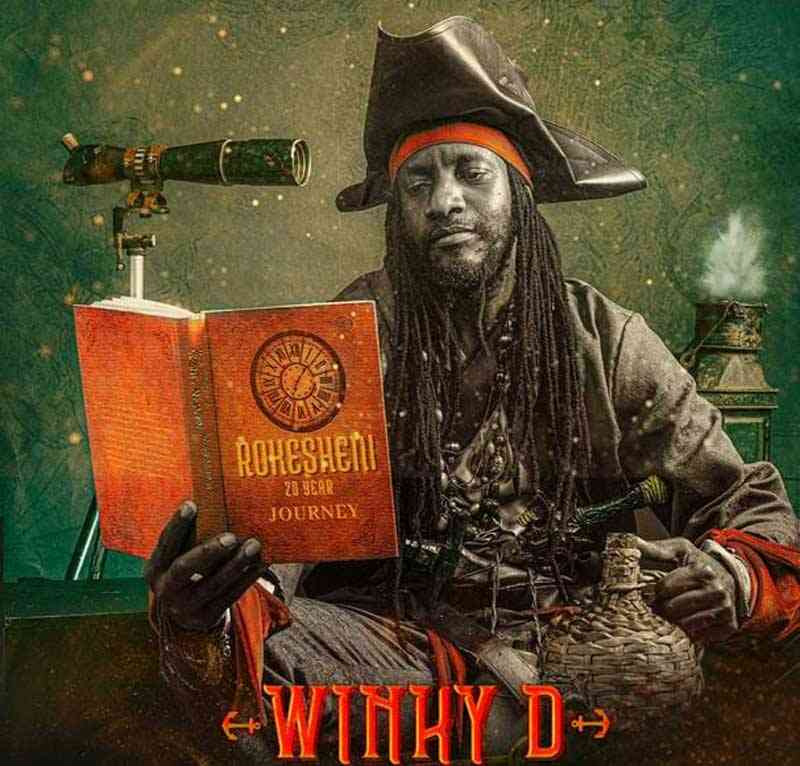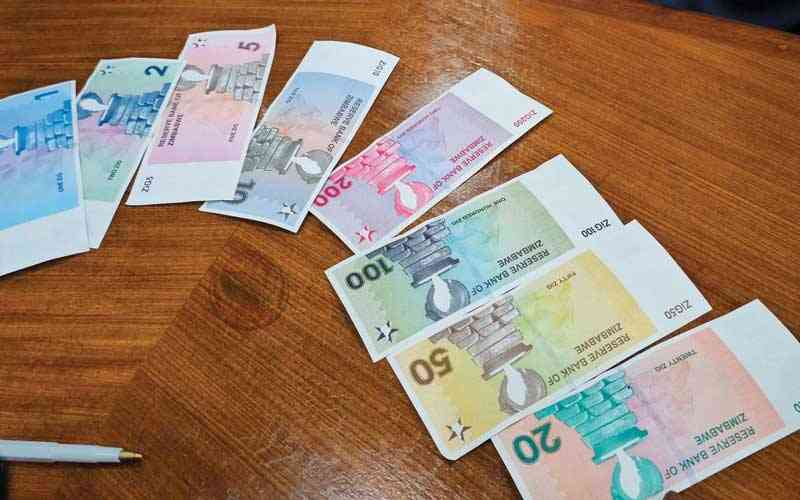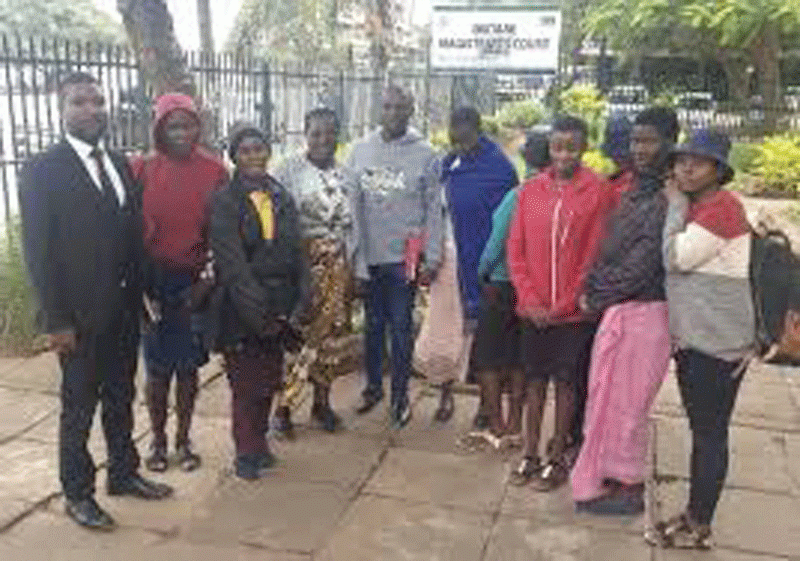
In the heart of a country choked with corruption, political crisis and human rights violations, multi-award-winning dancehall musician Winky D finds his music in the roaring boom of his snare and the insistent rhythm of diction.
His choice of words has sparked debate. His audience of weary faces etched with the stories of a nation struggling to breathe told a story.
Winky D now popularly known as the Gaffa's music is not just entertainment, it is a weapon, a whispered rebellion woven into the pulse of every beat, which captures Zimbabwe’s situation.
His songs are the unspoken cries of Zimbabweans yearning for change, the change which is not certain.
The songs speak of the chasm between the gilded halls of power and the dusty streets where dreams starve.
They speak of mothers who cannot take care of their children but are silenced by the guns of the regime, and of the ghosts of dissent that dance in the shadows of the night.
Winky D is the voice for the voiceless, a rallying point for the disliked, a beacon of hope flickering in the dark streets of Zimbabwe.
The authorities have received the message, since 2019 when Winky D launched his album titled Njema as he explained it: “We are prisoners of ourselves”.
- Mbavara eyes to resurrect Matavire’s music legacy
- Zim exiles panic over SA permits
- Zim exiles panic over SA permits
- Social media platforms should act on hate speech
Keep Reading
Since then, Winky D has been viewed as a traitor by the government.
Sometimes, his concerts are declared "unlawful gatherings" and his music deemed "seditious". But Winky D is not going backwards.
From catchy hooks to controversial verses, Winky D's New Year’s eve show Ghettocracy Score, has ignited a firestorm of debate.
Packed with potent lyricism, the show has left fans and critics scrambling for their microphones, ready to either applaud the artiste's boldness or decry the politicisation of their music.
Winky D's songs are ballads of a nation betrayed.
They speak of empty promises, rigged elections, and the ghosts of dissenters whispered across the dusty air.
His voice, raw and resolute, pierces the complacency of power with an unyielding question: "How long must we dance to the rhythm of injustice?" like his song letter Kuvashakabvu.
His shows, which always strip bare of amplification, become even more potent, a raw cry that echoes through the canyons of the city of Harare, a testament to the fact that even a single song like Ibotso can shake the foundations of a regime.
Will Winky D's music be silenced forever?
Or will his legacy become the anthem of a nation finally ready to claim its voice?
The answer lies not in the halls of power, but in the hands of struggling Zimbabweans who clutch his abandoned drumsticks, in the hearts that still echo with the pulse of his defiance.
The threats arrive subtly, laced with the sweetness of honeyed words and the veiled intimidation of some government officials.
For Winky D's story is not just a tale of one musician, but like the story of Thomas Mapfumo it is a symphony of dissent that resonates across continents.
It's the ballad of every artist who dares to challenge the status quo, of every voice that refuses to be drowned out by the drums of oppression.
It's a reminder that even in the darkest silence, the rhythm of rebellion can rise again, louder, stronger, and more determined than ever before.
Not even the Southern African Development Community or any regional bloc can free Zimbabwe from the jaws of oppressors but the Zimbabwean citizens can make it possible.
And when that happens, the world will listen, for the beat of dissent is a language understood by all, a language that speaks of hope, of freedom, and of the unyielding human spirit that refuses to be silenced.
Ideally, every country should have strong constitutional protections for freedom of expression, safeguarding artistic expression even when it criticizes powerful individuals or institutions.
By recognising the importance of artistic freedom, protecting artists from reprisals, and fostering a vibrant creative environment, authorities can contribute to a healthy and democratic society where diverse voices can be heard and critical voices can contribute to positive change.
*Evans Mathanda is a journalist and development practitioner, who writes in his capacity. For feedback email: evanngoe@gmail.com or call 0719770038 and X @EvansMathanda19










